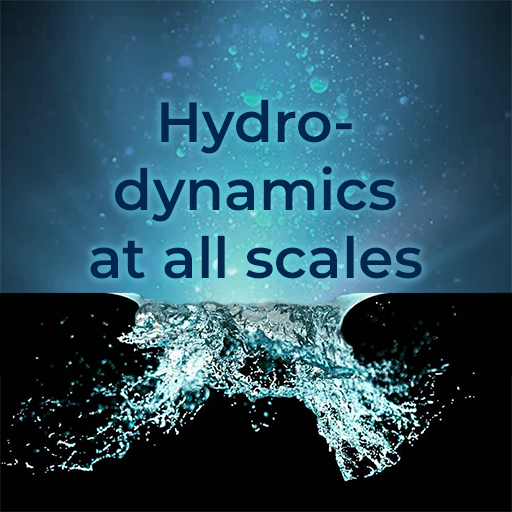Description
The presence of magnetic fields brings entirely new qualities into the game. Magnetic fields imply the
presence of an additional energy reservoir, and energy can flow between magnetic and kinetic energies. Unlike
hydrodynamics, where energy gets thermalized through viscous heating, it can now also be thermalized through
Joule heating. The macroscopic dynamics, and the relative importance of both heating processes depend on
ill-known microphysical processes and transport coefficients. Magnetic fields also facilitate the emergence of
spatio-temporal coherence associated with inverse cascading. Spatio-temporal coherence can also emerge in
ordinary hydrodynamics, but such effects are mostly due to boundaries. When magnetic fields are strong, there can
be inverse cascading of two different types: with and without net magnetic helicity. The helical case is relevant in all
types of large-scale dynamos in much of astrophysics ranging from planetary and stellar scales all the way to
galactic scales. Even the entire Universe could have magnetic fields with magnetic helicity of one sign, for example
if it is generated by the chiral magnetic effect, or during inflation from an axion-like field. A major qualitative
difference to hydrodynamics is the conservation of magnetic helicity in conducting media. But even in the absence
of net magnetic helicity, this conservation plays an important role due to the conservation of what is now known as
the Hosking integral. This is a very new subject and we are just beginning to appreciate the full extent
of the phenomenon of inverse cascading in cases when the net magnetic helicity vanishes. In addition to numerical
simulations and astrophysical observations, there are laboratory experiments that allow us to study important
processes such as dynamos and reconnection. The Pencil Code is an example of a community effort to develop a
continuously growing toolbox to address many of those questions. Laboratory experiments, on the other hand,
focus often on liquid sodium experiments, but many of the processes can also be studied in plasma experiments.

